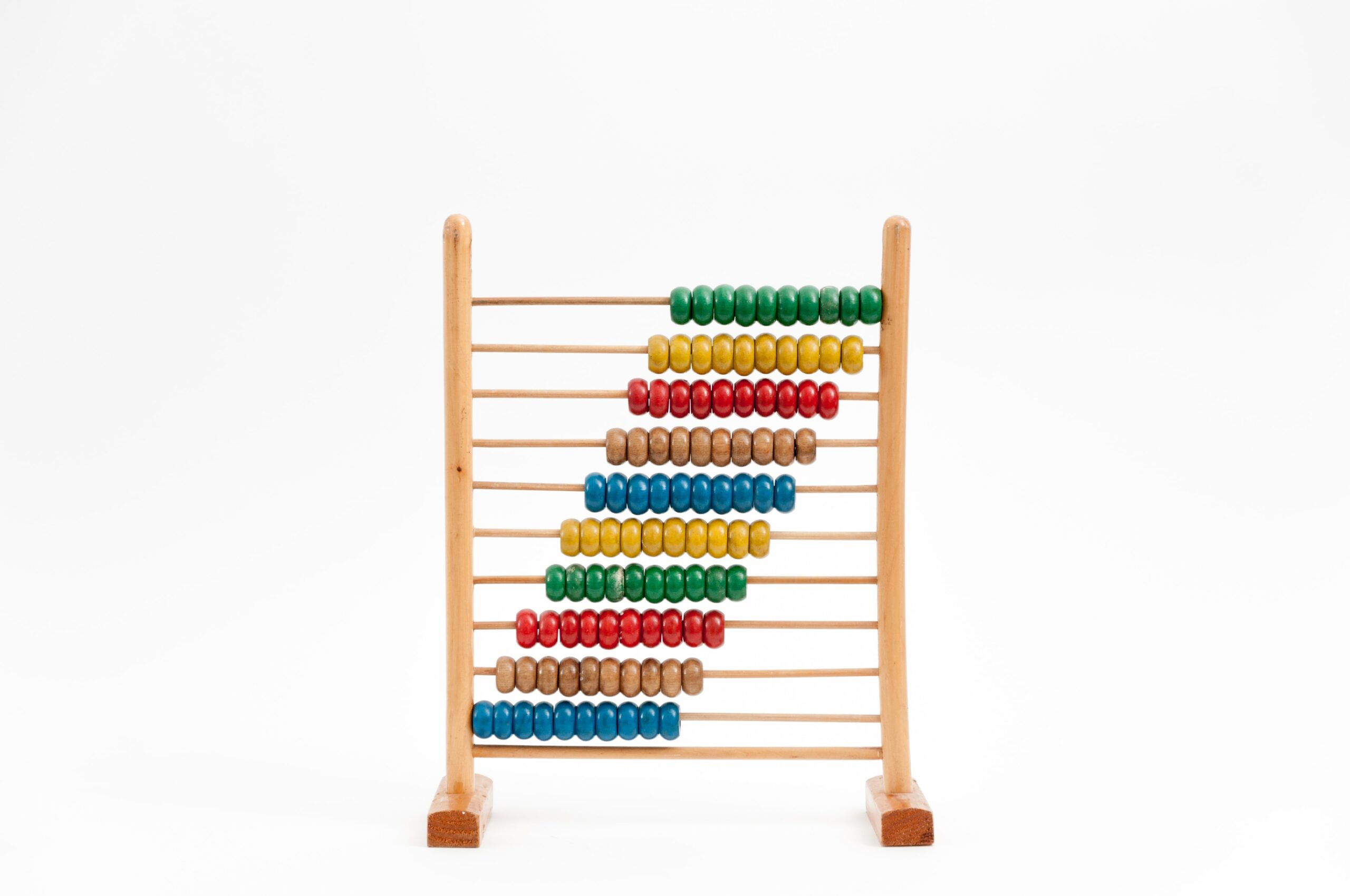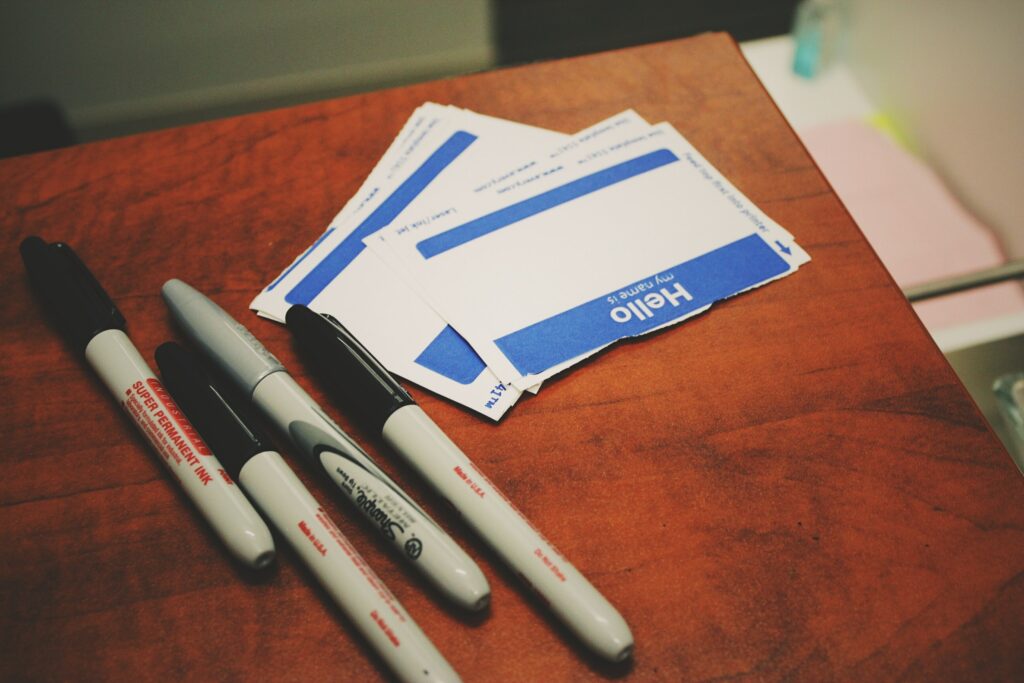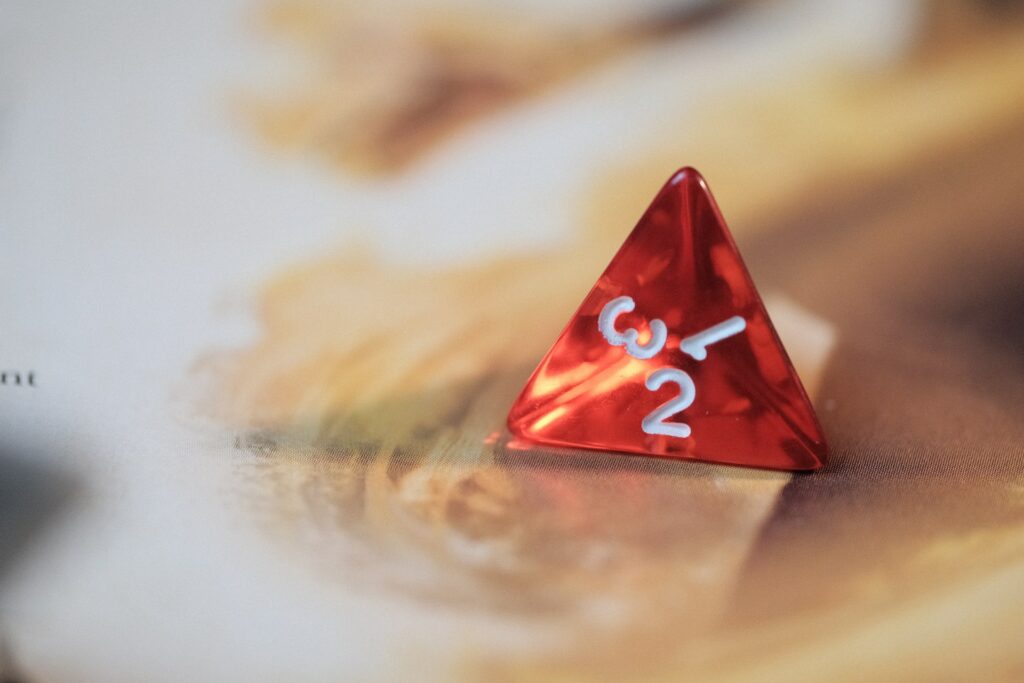We are an English-language blog but we are aware that we have readers from all over the world. We would like to put together a list of dyscalculia resources to meet other linguistic needs. We’ve found a few resources in various languages but we invite readers to submit their own suggestions in the comments! Together we can collect resources to help readers across the globe.
Please note: the inclusion of a website in the below list does not represent an endorsement but rather a starting point for readers to explore new possible resources.
French

For a quick overview of the symptoms of dyscalculia in French, visit the Dyscalculie section of the Fédération française des Dys. The page is quite short but a nice feature is optional audio that makes the text more accessible to visitors with dyslexia.
The site DYS Positif gives a more detailed look at dyscalculia under Dyscalculie. You’ll find information not just on symptoms but on treatment and diagnosis options.
Read more















